How Swiss cities could still improve rankings

Swiss cities often rank highly in global quality-of-life surveys. But when their urban policies come under closer scrutiny, how do they compare?
A recent study by the liberal think tank Avenir SuisseExternal link has taken a closer look at the urban policies of Switzerland’s ten biggest cities and ranked them based on 47 indicators in eight specific areas, ranging from the quality of local administrative services to mobility and life-work balance.
1. Zurich: 64.7% of possible points; 2. Basel: 62.8%; 3. Bern: 62.7%; 4. Lucerne: 58.3%; 5. St. Gallen: 53.8%; 6. Winterthur: 52.8%; 7. Lausanne: 49.3%; 8. Biel: 48.9%; 9. Lugano: 43.1%; 10. Geneva: 38.8%
As in the 2018 Mercer quality-of-life survey, Zurich came out top (with 64.7 points out of a total of 100) in the Avenir Suisse ranking. It said Zurich excelled in managing state budgets, and praised its cultural offerings and education policy, the city’s work-life balance and its business environment.
In recent years, the city’s accounts have been balanced and “sufficient investments” have been made, Avenir Suisse said. Zurich’s business-friendly climate was helped by its traditionally strong banking sector, the federal institute of technology (ETH Zurich), the stock exchange and the international airport.
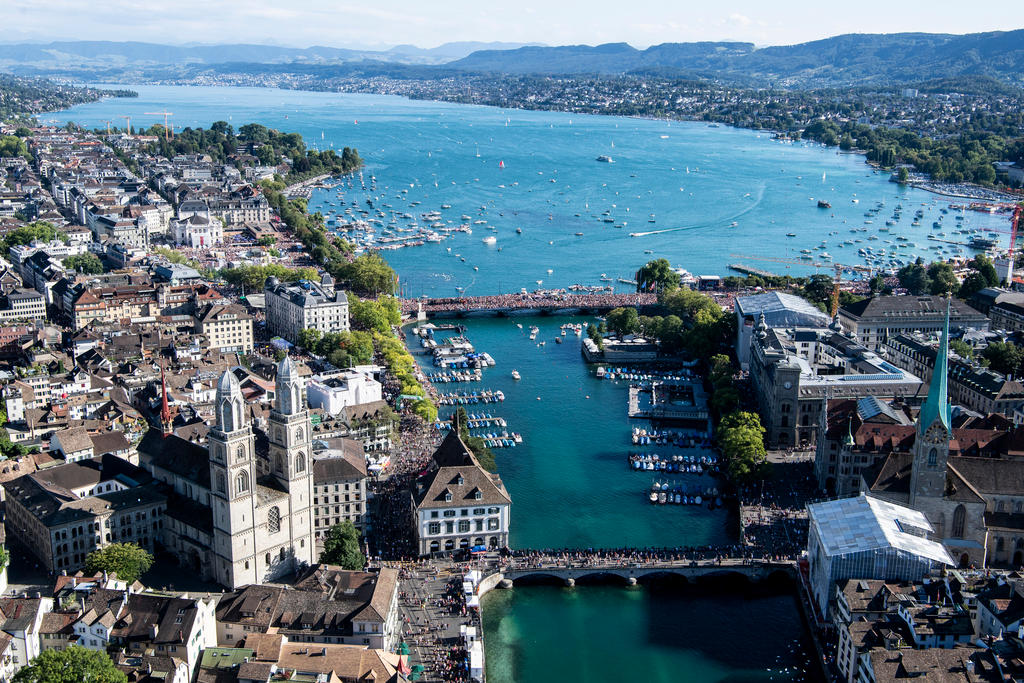
The city’s high density of childcare facilities – 43 places per 100 pre-school children – also made it a good location for young working parents. However, Zurich was marked down for mobility – bicycles are used infrequently – and social policy.

Second-placed Basel (62.8) scored well in most areas, including the management of public funds, its business environment and social and integration policies. Avenir Suisse said the local housing market was also regulated more effectively than in the other cities.

Bern (62.7) also scored well for financial management. Researchers were particularly impressed by Bern officials’ success in reducing the city’s debts. Bern also did well for having the “most liberal and efficient” cultural policy. However, the report said Bern was “not a very popular place of work for the private sector” and criticised officials’ excessive interventions in the local housing market.
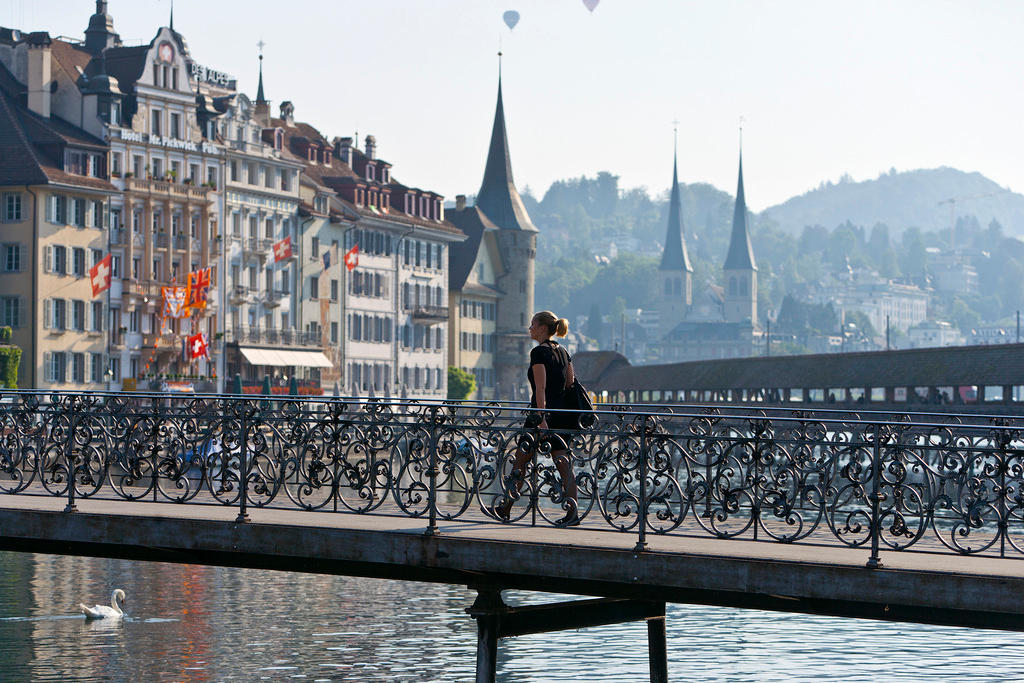
In fourth position, Lucerne (58.3) scored top marks for its transport, energy and infrastructure policies.
‘Could do better’
At the bottom of the table was Geneva (38.8). Although it scored well for its parks and public spaces, its housing market was described as “by far the most ineffective”. It was also ranked last for its business environment and next to last for urban mobility, partly due to traffic problems in the city centre.
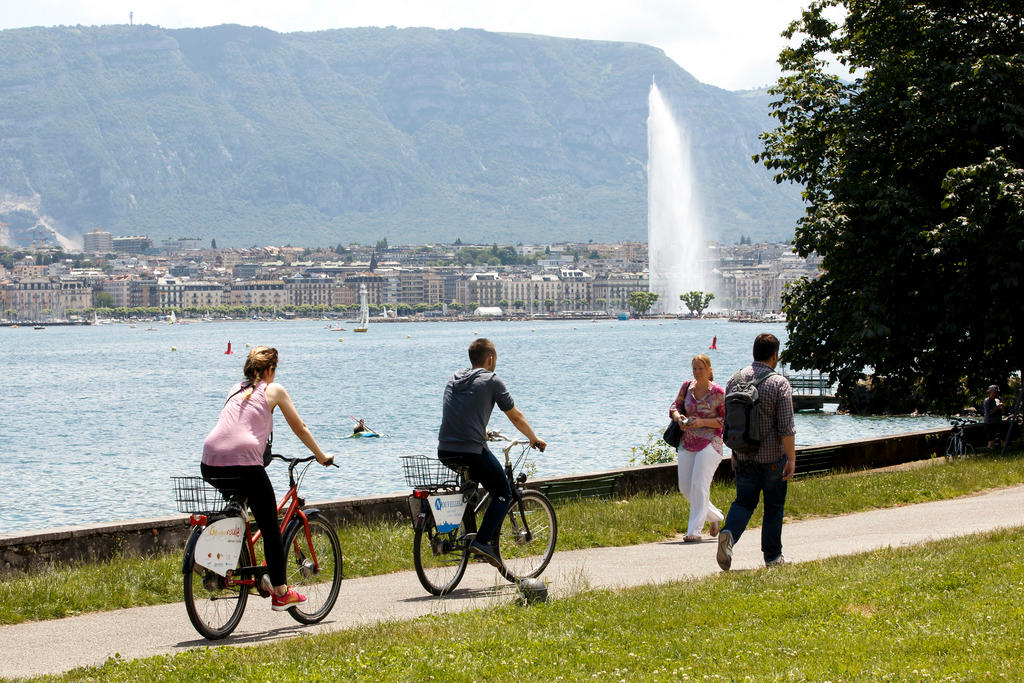
Avenir Suisse said the City of Calvin also had high administrative costs, which had increased by 10% per inhabitant between 2010 and 2016. The report was released as city council officials found themselves embroiled this month in an expenses scandal and accusations of “dishonest management of public interests”.
In an editorial in the Tribune de Genève newspaper,External link Geneva minister Pierre Maudet criticised the study for its “numerous methodological errors and shortcomings, which showed a clear lack of knowledge of how French-speaking politics works, especially in Geneva”.
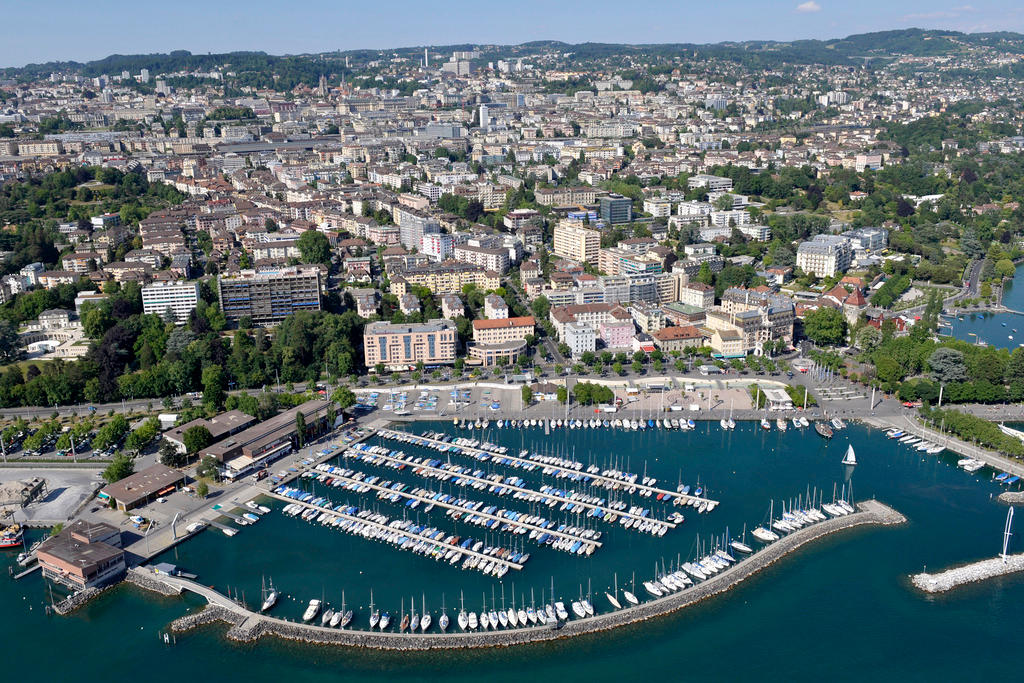
The other big city on Lake Geneva, Lausanne, came seventh. It was ranked highly for its welfare and cultural policies, start-up environment and green spaces, but scored badly for mobility, particularly its policy towards cyclists. Avenir Suisse noted that communal employees are off sick on average 13.2 days a year – much more than in other cities. Local administration is also expensive and bureaucratic, it said. For example, it takes over 200 days – one month more than other Swiss cities – to be granted a building permit.
Lausanne’s centre-left Social Democrat mayor, Grégoire Junod, dismissed the reportExternal link, describing it as full of “errors, approximations and ideological bias”.
He criticised the fact that Lausanne had been marked down for mobility because its public transport was considered too cheap, and that Lausanne was ranked behind Bern for its cultural offerings.

More
Basel and Zug rated most popular Swiss expat cities
“That will make the connoisseurs laugh,” he commented.
Renaissance and tax funds
Despite the disparities, the ten Swiss cities – with over 50,000 citizens and mostly run by centre-left governments – generally got the thumbs up from the authors of the study. Unlike many big cities around the world, their public finances are mostly under control, with low debt levels, the 196-page report said. Administrations function reasonably well and the ten cities offer a high standard of infrastructure.
Avenir Suisse said Swiss urban areas had enjoyed a renaissance thanks to economic reforms, the implementation of bilateral accords with the European Union, an influx of highly qualified foreign workers and a reinvigorated property market.
New arrivals have helped money to pour into the coffers of Switzerland’s cities, which has been spent on infrastructure, local administration and social programmes. Tax revenues for the ten biggest cities, for example, rose by an average of 50% per inhabitant between 1990-2016; in Basel, the increase was over 90%.
“Swiss cities have experienced a boom since the middle of the 1990s and their pull-factor continues today,” Avenir Suisse Director Peter Grünenfelder declared.
But there is still room for improvement, according to Avenir Suisse, which foresees major challenges ahead due to the diverse, aging and expanding populations in Swiss cities, the changing structure of local administrations and their staff, and the rapid digitalisation of all aspects of modern life.

More
Your views: why life is good in Switzerland

In compliance with the JTI standards
More: SWI swissinfo.ch certified by the Journalism Trust Initiative












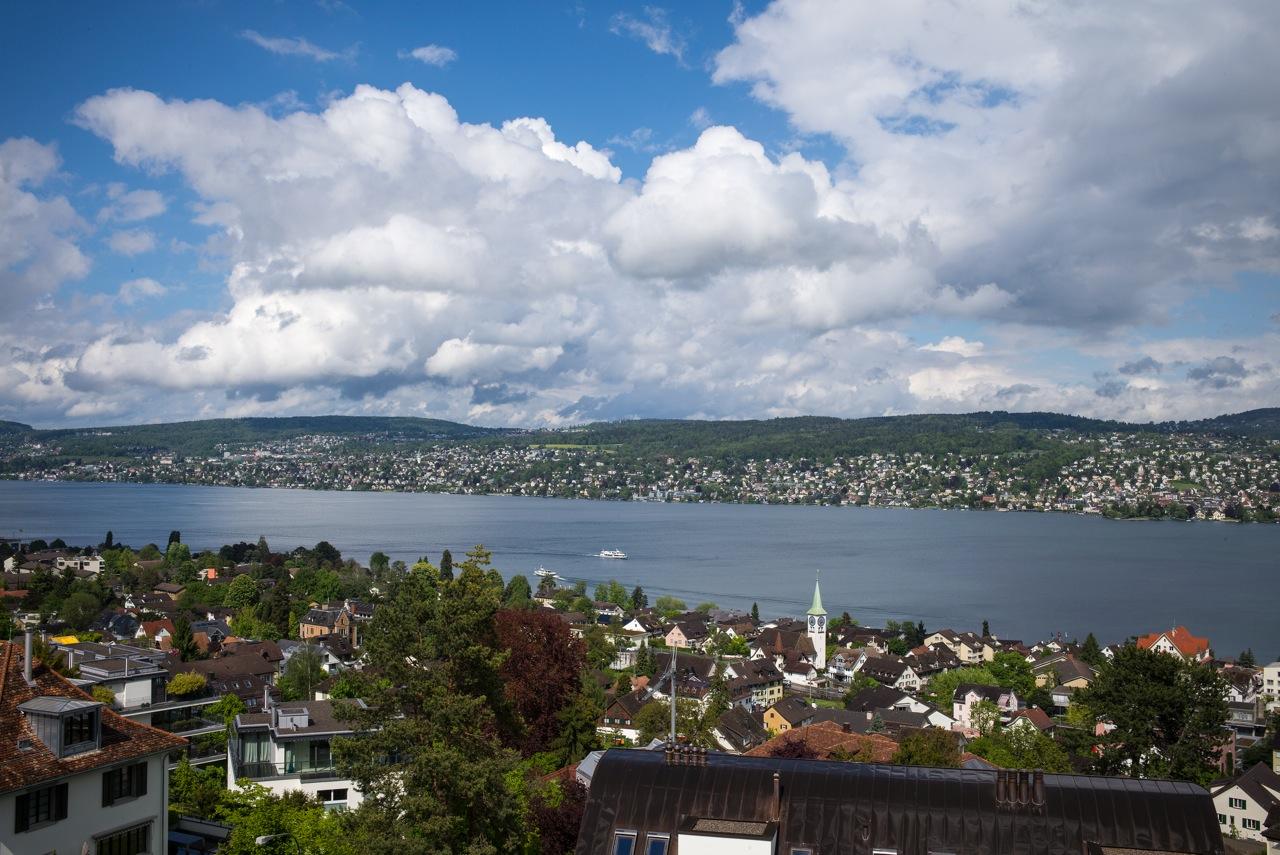


You can find an overview of ongoing debates with our journalists here . Please join us!
If you want to start a conversation about a topic raised in this article or want to report factual errors, email us at english@swissinfo.ch.